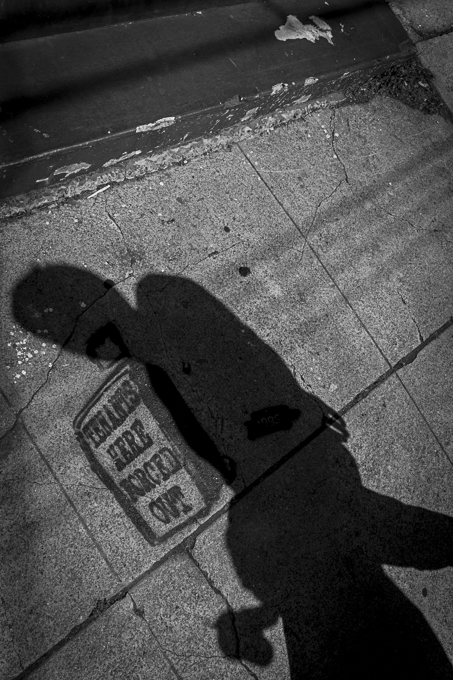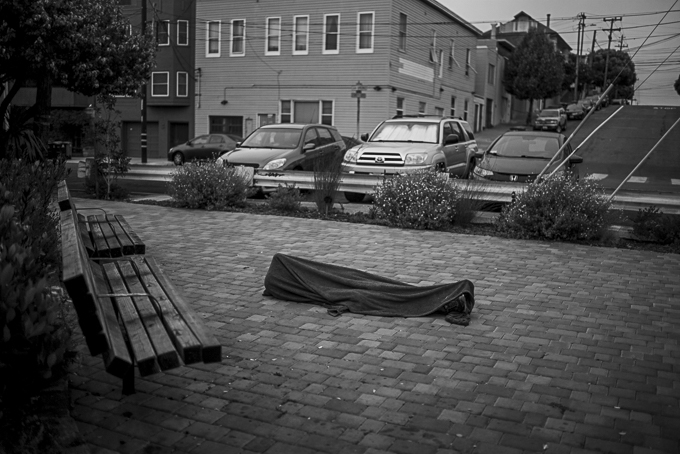Evictions and the Road To Homelessness
By Harry Brill
Because national and local anti-eviction laws will expire on December 31 million tenants could face eviction. According to the Census Bureau 11.6 million tenants would not even be able to pay their rent the following month nor their mortgage payment if they are homeowners. Particularly troubling, the number of tenants struggling to meet their obligations has been increasing in the last several months,
The major problem is not only that the coronavirus is impacting people’s lives. Also, many millions of working people are being deprived of their livelihood. Particularly worrisome has been the considerable increase in long term unemployment. Just recently the number of workers unemployed for at least six months has tripled in one month from 1.2 million to 3.6 million. This huge jump is very rare and also quite ominous.
Could it be the dark cloud before the thunderstorm? Perhaps, because too many job seekers are crowding the job market. So even working people who have been fortunate enough to have a job have been forced to accept lower pay. Among the consequences is that a larger percentage of their income must be allocated to paying rent.
“In Los Angeles county 600,000 residents spend 90 percent of their income on rent.”
How much rent is just right? We have been told that affordable rent is about 30 percent of income. But this rule of thumb certainly does not apply to poor tenants because it would yield very little to the landlord. But unfortunately for tenants, the high rents that property owners charge leaves very little to renters.
According to researchers, a substantial number of poor tenants must pay at least 80 percent of their income to retain their apartments. In Los Angeles county 600,000 residents spend 90 percent of their income on rent. Clearly, the high rents do not leave much, if anything, for food and medical expenses. And since almost two thirds have children, their low income can be very problematic and even dangerous.
Moreover, when tenants face eviction they are often summoned to court. Think for a moment of the legal obligations of the judge. It is not their job to put pressure on the landlord to charge a more reasonable rent to protect the health of the tenant. Instead, their task is to do what they can to compel the tenant to meet financial obligations regardless of the adverse impact on the well-being of the family.
Some evicted tenants may have family members, friends, or an available facility to provide shelter to evicted families. But most tenants are not so lucky. And of course, for the same financial reasons they were evicted, they are unable to pay the rent for another apartment. So it is not surprising to learn that eviction is the main reason why evicted tenants are homeless.
What we have learned about the connection between eviction and homelessness is very disturbing. According to research in Seattle, 37 percent of evicted tenants are homeless. Also, according to the US Census Bureau, 26.4 percent who were interviewed claimed that they were unable to pay their rent.
The number of individuals and families living in the streets is substantially larger than the public realizes. That’s because of how the statistics are often reported. For example, according to a report on homelessness 12 percent of the residents in New York City are homeless. That doesn’t seem like much unless we know how many residents the 12 percent encompasses. So, it may surprise you that aside from those who live in shelters every night 4,000 New Yorkers live on the streets, in the subway system, and other public places.
Although the problems of the homeless are immense, it would be a serious mistake to assume that the rest of us are thriving. As a result of the downward slide in the economy and other nasty problems, there is a growing number of Americans who are in serious trouble. Since June almost 8 million Americans have joined the ranks of the poor. Cutbacks in government spending is part of the problem. It is immensely important that the government change its course by developing and funding programs that will improve the standard of living and the quality of life of all of us.
A good beginning is to pay serious attention to the advice and wisdom of Bernie Sanders. Unlike proposals that the federal government is seriously considering, which are both ungenerous and temporary, Bernie’s proposals seek to make both substantial and permanent improvements in the political landscape.
First, Bernie proposes that the federal government enact a federal program that guarantees stable jobs to everyone who wants to work. As Bernie correctly notes “There is more than enough work to be done in this country”.
Second, Medicare for All should be adopted as soon as possible. As Bernie notes, it would not only save billions of dollars that are paid to the private sector. It would prevent 68,000 unnecessary deaths a year.
Third, Bernie wants to guarantee housing as a human right and to eliminate homelessness. It would be paid for by a wealth tax on the top one-tenth of one percent. Don’t you agree that those who have a net worth of at least $32 million can afford it?
Clearly, we need to act on Bernie’s proposals. Words are not enough. So as Bernie insists “LET’S DO IT”
…

